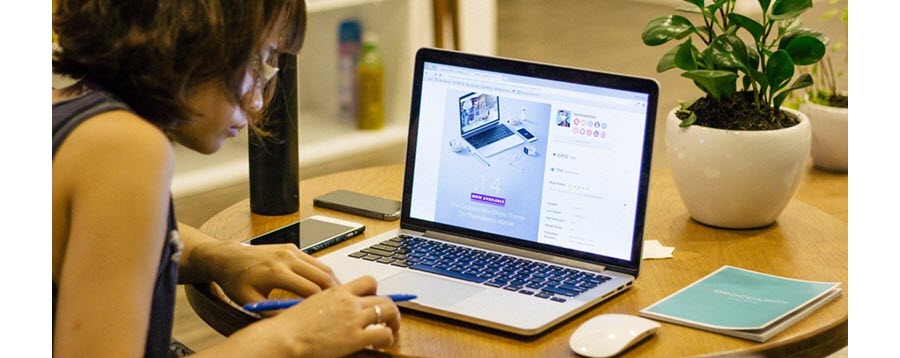
Tips for Productivity, Mental and Physical Health While Working from Home

The life changes that COVID-19 has brought are shaking things up for people in business and at home. Many are experiencing the home office lifestyle for the first time, and finding it surprisingly stressful. Creating boundaries between work and personal life can be a difficult adjustment. Here are some suggestions to help you maintain productivity – and sanity – while working from home.
Efficient Use of Time:
- Don’t over-copy on emails. CC only people who need to contribute on the issue. Copying people to keep them in the loop is not efficient.
- Schedule shorter meetings. Change your default time to 15 minutes, and extend to 30 minutes only if absolutely needed.
- Don’t over-invite to meetings. Reduce to the critical few. If a large group is needed for an update, keep it short.
- Use messaging for short communications where an office walk-by would have sufficed.
- Block your calendar for critical family time. Respect the burden that working parents with small children are experiencing.
- Respect people’s calendars and don’t book someone for a call on top of another item on their calendar.
10 Tips From a Home-Office Pro
Here are 10 tips from an article from PC Mag that can help you stay productive and maintain balance while working form home:
- Maintain Regular Hours. Set a schedule, and stick to it… most of the time. Having clear guidelines for when to work and when to call it a day helps many remote workers maintain work-life balance.
- Create a Morning Routine. A routine can be more powerful than a clock at helping you get started each day.
- Set Ground Rules With the People in Your Space. Set clear rules about what others in your home can and can’t do while you’re working. And just because you’re at home doesn’t mean you should be stuck with laundry, pet duties and other domestic duties.
- Schedule Breaks. Know your company’s policy on break times and take them, especially your lunch hour. Give yourself adequate time away from the computer screen and phone.
- Take a Walk. Your body needs to move. Plus, the fresh air and natural light will do you good.
- Ask for What You Need, Within Reason. Request the equipment you need to be comfortable and productive. A monitor and keyboard for your laptop? Sure. A new chair? probably not.
- Create a Dedicated Working Space. Not everyone has a separate office in their home, and keeping two machines isn’t always realistic. Try dedicating a table or desk only for work use. Or create a mental separation. For example, when your laptop is hooked up to the monitor and external keyboard, it’s work time. When it’s on your lap, that’s personal time.
- Be Positive. Clear and succinct messages are best, but the less face time you have with people, the less they know how to interpret your tone in writing. So be positive – even overly positive – to set the right tone.
- Don’t Be Too Hard on Yourself. Successful remote employees have a reputation for being extremely disciplined. But it’s challenging to do any full-time office job from an unconventional space. Everyone lets their attention drift sometimes. Ask yourself whether people in an office setting do the same thing. If the answer is yes, cut yourself some slack, then get back to work.
- End Your Day With a Routine. Create a habit that signals the close of the workday. It might be a sign off on a business messaging app or something as simple as shutting down your computer and turning on a favorite podcast. Whatever you choose, do it consistently to mark the end of working hours.

